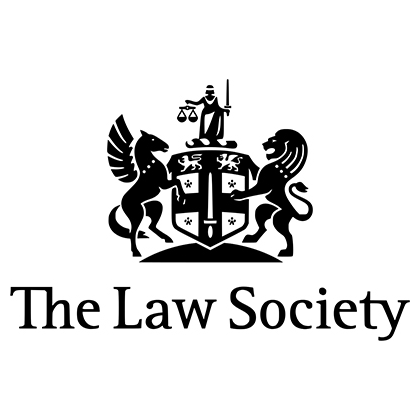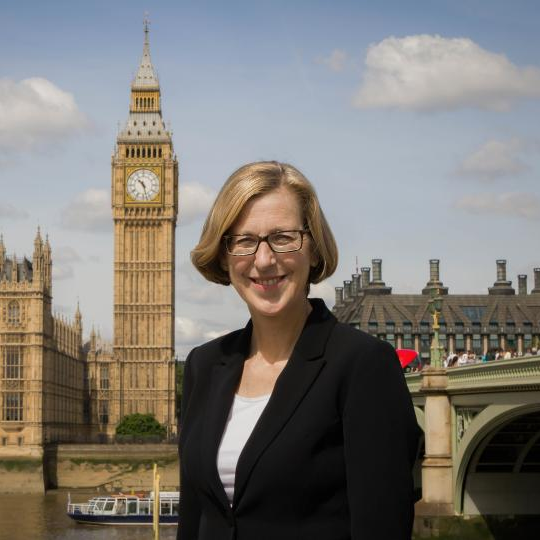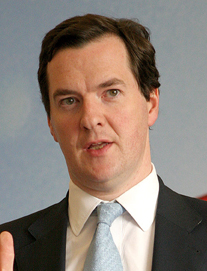 The Law Society of England and Wales has criticised the decision to exempt the Home Office from data access rules in the new Data Protection Act, which implements the widely-publicised GDPR. The move will inevitably lead to miscarriages of justice, the society has warned.
The Law Society of England and Wales has criticised the decision to exempt the Home Office from data access rules in the new Data Protection Act, which implements the widely-publicised GDPR. The move will inevitably lead to miscarriages of justice, the society has warned.
Law Society president Joe Egan said the immigration exemption in the legislation stripped accountability from Home Office decision making.
“Since legal aid was removed for most immigration cases in 2012, it has become increasingly difficult to challenge immigration decisions – decisions which evidence shows are often incorrect,” he said. “Subject access requests are the final recourse for people trying to deal with a complex, opaque and unaccountable immigration system.



 In May last year the Psychoactive Substances Act came into force. One year on there have been a number of articles published reflecting on the Act and its effectiveness, particularly with reference to the availability of new psychoactive substances, or so-called ‘legal highs’ as they were termed prior to the Act.
In May last year the Psychoactive Substances Act came into force. One year on there have been a number of articles published reflecting on the Act and its effectiveness, particularly with reference to the availability of new psychoactive substances, or so-called ‘legal highs’ as they were termed prior to the Act. Two animal charities have expressed their 'delight and relief' after a historic decision by the Court of Appeal on 9 June in a landmark legacy case, overturning the High Court judgment in the case of King vs Dubrey & Others [2014].
Two animal charities have expressed their 'delight and relief' after a historic decision by the Court of Appeal on 9 June in a landmark legacy case, overturning the High Court judgment in the case of King vs Dubrey & Others [2014]. Last November a new All Party Parliamentary Group on Alternative Dispute Resolution was formally launched. The group is an initiative of various members of the ADR community, including the secretary of the Civil Mediation Council Iain Christie, Bar Council ADR panel member John Pugh-Smith and parliamentarians Bob Neill MP and John Howell MP.
Last November a new All Party Parliamentary Group on Alternative Dispute Resolution was formally launched. The group is an initiative of various members of the ADR community, including the secretary of the Civil Mediation Council Iain Christie, Bar Council ADR panel member John Pugh-Smith and parliamentarians Bob Neill MP and John Howell MP. Chancellor George Osborne's Autumn Statement did not, as many expected, include a rise in the threshold for Inheritance Tax (IHT) from £325,000
Chancellor George Osborne's Autumn Statement did not, as many expected, include a rise in the threshold for Inheritance Tax (IHT) from £325,000